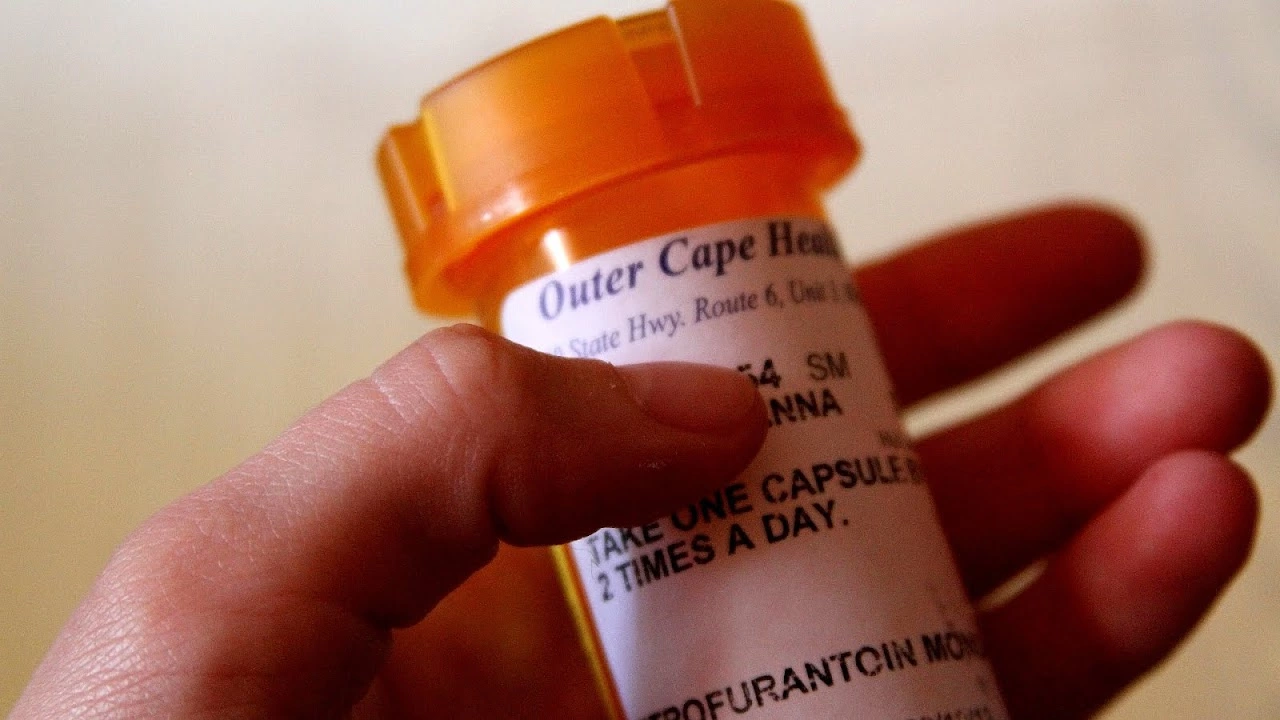Major Depressive Disorder: What You Need to Know
Feeling down sometimes is normal, but major depressive disorder (MDD) goes way beyond occasional sadness. It’s a serious mental health condition that affects how you feel, think, and handle daily activities. You might find yourself feeling hopeless, losing interest in things you once loved, or struggling to get through the day. Recognizing these signs early can be a game-changer because effective treatment is available.
So, what should you look for? Common symptoms include persistent sadness, trouble sleeping or sleeping too much, changes in appetite, low energy, difficulty concentrating, and sometimes thoughts about death or suicide. If these last more than two weeks and interfere with your daily life, it’s time to seek help.
Treatment Options That Work
Many people assume that antidepressants are the only fix, but treatment for major depressive disorder is often personalized. Therapy, like cognitive-behavioral therapy (CBT), helps change negative thought patterns, while medications can balance brain chemicals affecting mood. You might also hear about newer options like TMS (transcranial magnetic stimulation) or lifestyle changes—regular exercise, sleep habits, and social support all play a part in recovery.
Don’t hesitate to talk openly with your healthcare provider about what feels right. Sometimes, it takes a bit of trial and error to find the best fit, and that’s totally okay. Support groups or counseling can also lower the sense of isolation that depression can bring.
Living With Major Depressive Disorder
Managing major depressive disorder means learning to spot early warning signs of a setback and building a support network. Simple daily routines—like keeping a sleep schedule, staying active, and connecting with loved ones—can help stabilize mood. Don’t underestimate the power of small steps: even a short walk or a call to a friend can lift your spirits.
Remember, if you or someone you know is feeling overwhelmed or thinking about self-harm, reaching out for professional help is crucial. Help is available, and there’s no need to go through it alone. With the right support, people with major depressive disorder can lead fulfilling lives and find hope even on tough days.
The Role of Antidepressant Medications in Treating Major Depressive Disorder
- Keith Ashcroft
- |
- |
- 9
As a blogger, I've been researching the role of antidepressant medications in treating Major Depressive Disorder (MDD). I've discovered that these medications play a crucial role in managing symptoms and improving the quality of life for many individuals suffering from MDD. They work by altering the levels of certain neurotransmitters in the brain, which helps to stabilize mood and promote emotional wellbeing. It's important to remember that finding the right medication and dosage can be a trial-and-error process, and it may take some time to see noticeable improvements. Overall, I believe that antidepressant medications are an essential tool in the fight against MDD, allowing individuals to regain control of their lives and find hope in their recovery journey.
View more
